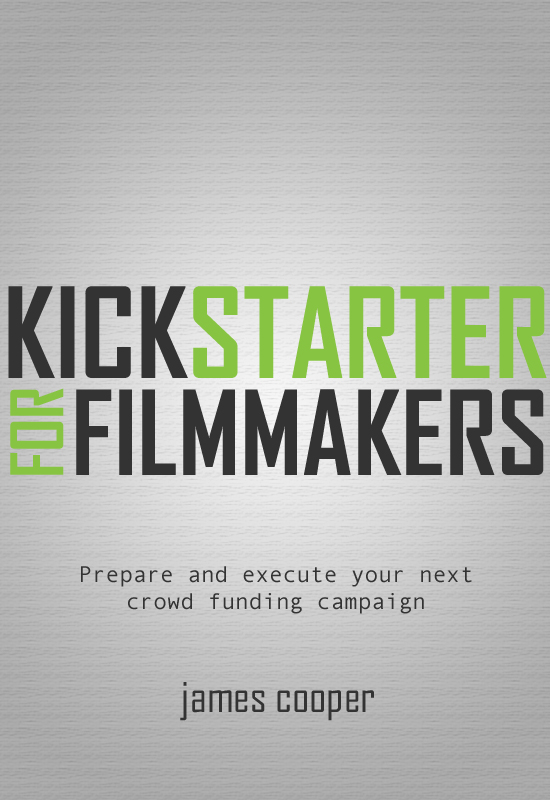Top 5 Crowd Funding Tips for Filmmakers

Good news. Another special guest blogger has been added to our arsenal. Author and filmmaker James Cooper wrote the book Kickstarter for Filmmakers after successfully funding his short film Elijah the Prophet through the popular crowd funding website. Below James shares his top five crowd funding tips for filmmakers. TOP FIVE CROWD FUNDING TIPS FOR FILMMAKERS by […]
Review of Think Oustide the Box Office by Content NOW
Content NOW Here’s the pull quote: “Written in a light conversational tone and beautifully organized over 354 pages, Jon, a noted filmmaker (Bomb It, Better Living Through Circuitry) and CalArts teacher, passionate about connecting filmmakers to their audiences, arms filmmakers with the arsenal needed for a killer DIY direct to fan film marketing campaign. This […]
Jon Reiss speaking at Film Independent Filmmaker Forum October 11th, 2009
I’ll be at the Film Independent Filmmaker Forum this weekend. I’m on a panel Sunday morning but I’ll also be around in general to chat. Let me know if you are coming. Jon FIND FILMMAKER FORUM SUNDAY OCTOBER 11th, 2009 Director’s Guild of America, 7920 W Sunset Blvd., Los Angeles, CA 90046 9:00 am […]
Great Introduction on Web 2.0 for Filmmakers-
I found a wonderful article for beginning and serious filmmakers revolving around web marketing- http://www.bethkanter.wikispaces.com/making+media+conference Be sure to check this out, it is a great help.